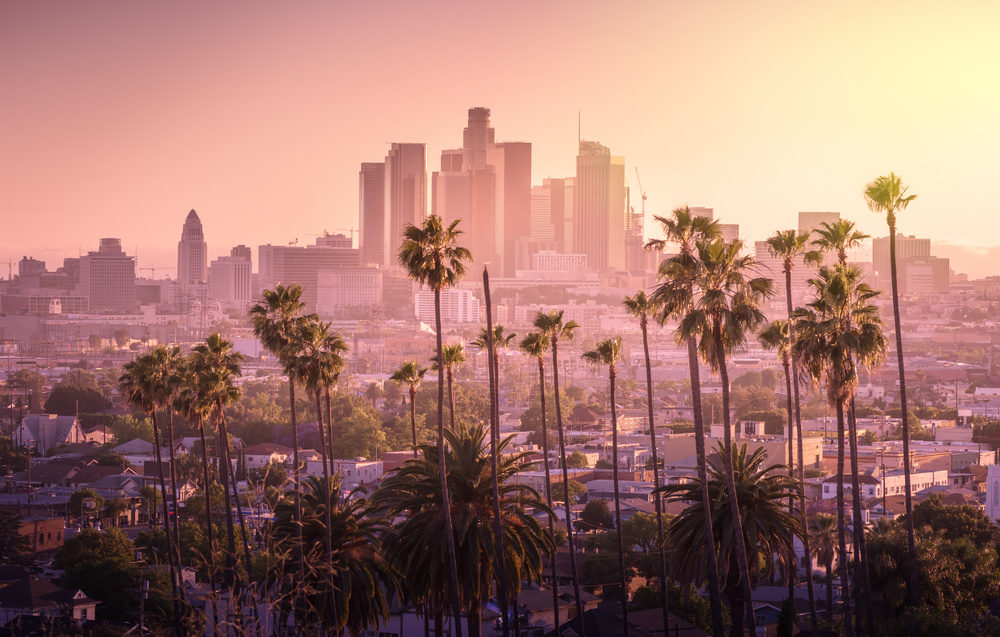It’s been barely a month since California reopened, and some counties are already beginning to reinstate mask mandates, even for fully vaccinated residents. This is but the latest pivot in California’s ongoing response to the pandemic, marked by constant bureaucratic whiplash and a flood of social, economic, and political crises.
During the past year, homelessness in California rose almost 7%. As a result of the government’s pandemic response, millions of people lost their jobs and were forced to file for unemployment. The unemployment rate peaked at 16% in April 2020 and is now at 7.9%, still nearly twice what it was in March 2020. Sixteen months after its initial state-wide lockdown, Governor Gavin Newsom still considers California to be in a state of emergency, and outside of his recall election in September, there’s no end in sight. On top of it all, gas now costs $4.32 a gallon.
It seems like things can’t get much worse.
As a native Californian, the worst part of the pandemic was watching the state’s residents lose their spirit. Small business owners fought to keep their businesses afloat. Bright and hardworking college graduates struggled to find jobs. Students of all ages spent hundreds of hours on Zoom, desperately trying to substitute real life experiences with images on a screen.
Even now, while much of the nation has returned to relative normalcy, Californians are still struggling. Constantly changing mask policies represent the looming uncertainty of the state’s future. The political left blames the right for not adhering to mask mandates and for promoting anti-vaccination sentiments, while the right blames the left-leaning government for passing seemingly nonsensical policies and disrupting the economy.
But while we can and should debate specific policies, there is a much bigger issue at stake. The government must not be the end-all of civil society. It is not the sole cause of society’s issues, nor should it be elevated as the sole solution.
The preamble of the California Constitution says, “We, the People of the State of California, grateful to Almighty God for our freedom, in order to secure and perpetuate its blessings, do establish this Constitution.”
It does not say “we the government,” but “we the people.”
This state was founded for us, the people – for our freedom and our benefit. Its problems are our problems, and the solutions should be ours, too. One of the most fundamental premises of our nation is that people have agency, the power to change the world around them, for better or for worse. We surrender our power and agency to the government both when we trust it too much and when we blame it for the problems that we ourselves should be fixing. When our communities struggle, citizens should be first responders with the government as a last line of defense – not the other way around.
The citizens of California cannot undo the last 16 months of damage done by the government, but they can address the state’s current problems and choose to contribute to a better solution. As British evangelist Rodney “Gipsy” Smith once said, “Do not blame society, for you are a part of society, and if society is not right you be right and show society what you think it ought to be.”
California has a rich history and vibrant culture. The people who first settled here literally struck gold. From San Francisco to San Diego, Hollywood to Yosemite, Silicon Valley to Disneyland, beaches to mountains to farmland, California has so much to offer, including a gross domestic product larger than that of the entire United Kingdom.
California could be an amazing place to live, but it is up to the people, not the government, to make it that way. We need stronger local communities, more collaboration, and a heightened sense of personal responsibility. When we surrender our agency, we are driven by reactionary impulses rather than reason and integrity. California does need better governance, but even more so, it needs better citizens.
The buck stops here.

